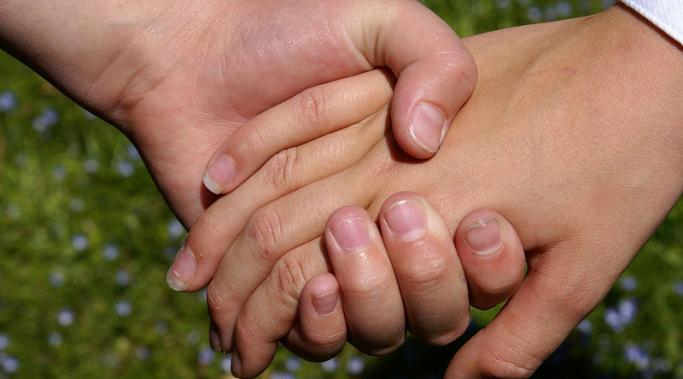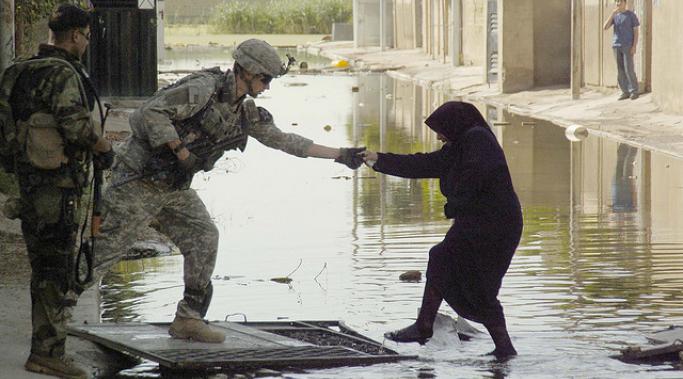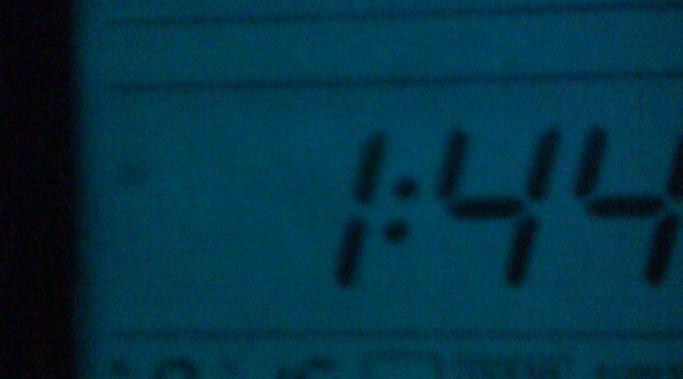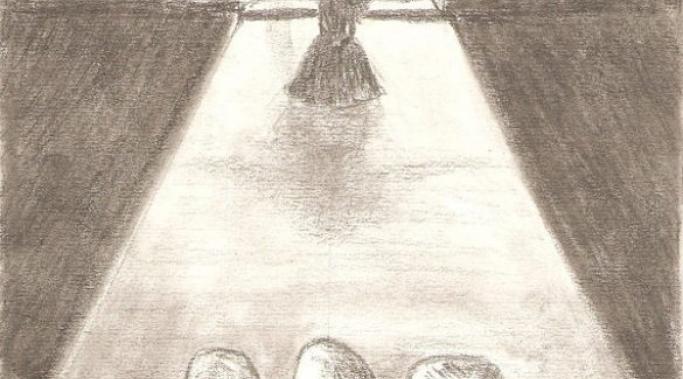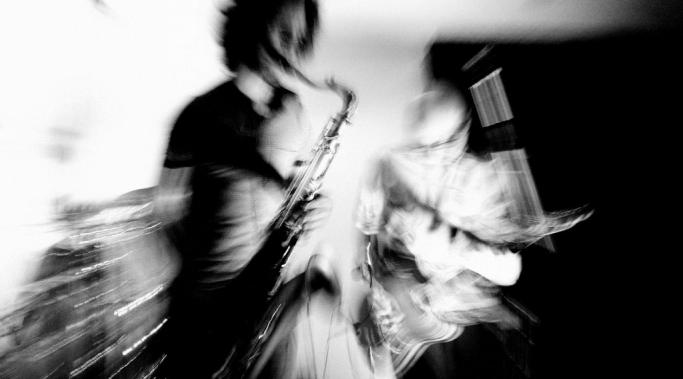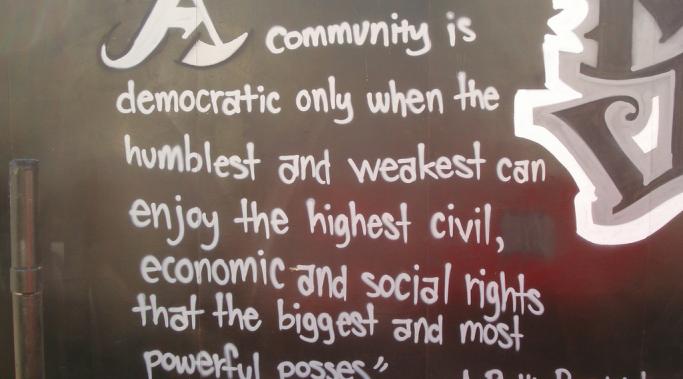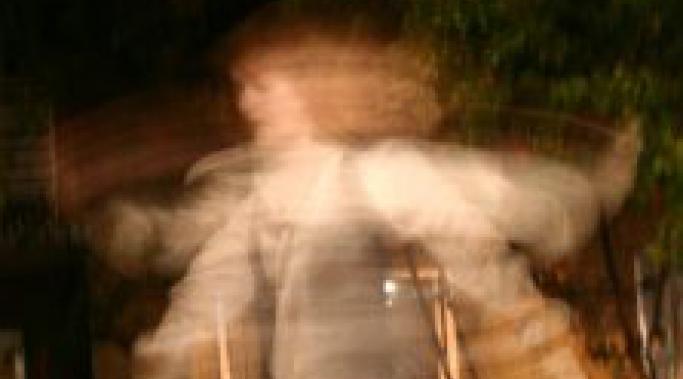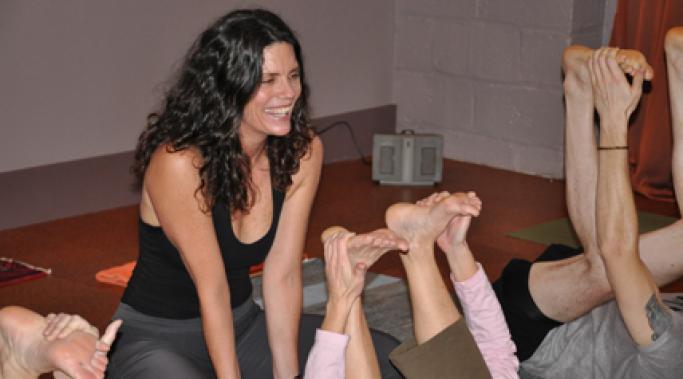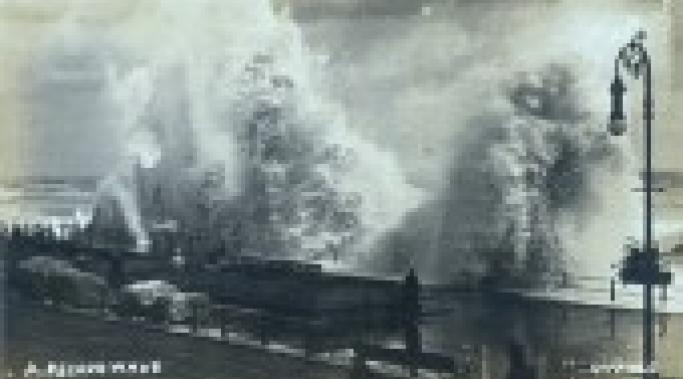And by intimacy I don't necessarily mean sex but sure, there is that.
Have you heard my heart? It's beating, healing, wanting, aching, anticipating. It's telling you I hear you, see you, feel you. You aren't lost.
And it's telling me the same.
It's somewhere in the maze of all these words scrolling down yet another page. Not even a page you can hold between your fingers. Maybe just keys to prop you up as you listen, fighting the panic, and feeling like you're slowly coming unstuck, again.
Listen. You can cope with anxiety.
Anxiety Symptoms – Treating Anxiety
Crazy isn't always crazy, but I wonder if I'm lost, or if I'm found. I wonder if I'm halfway gone and nobody has bothered to tell me yet. It's a fine line, this sanity thing. Supposedly you either have it, or you don't. But I don't entirely trust this theory. And it is just a theory. Truthfully, they can't tell you what sanity is for sure except that it's something you probably can't ever be sure of. Crazy isn't always crazy.
Getting sleep has to be a priority if you want to fight anxiety and find relief. It's definitely a matter of quality but studies have shown that quantity plays a big part in that: How well rested we feel after a night's sleep.
For optimal health and well-being Labcoats 'R Us will tell you we should all be getting between 7-8 hours sleep a night; A lovely thought dreamed up by people who've clearly never gone 4 days without sleep and found themselves wondering why the walls are slithering.
The fear's on different floors, locked in boxes, scattered in the places, worn out spaces I don't go. And if that's true, if it's everywhere and nowhere and exactly right here, where I don't want to look - then it's probably a big thing. Bigger than me. Maybe bigger than I should mess with:
But I want to understand.
Don't you?
What's it like, keeping the secrets of trauma and PTSD? I have so much to tell you, and I can't say a word. The trauma's tucked away, a dirty little secret that you keep. Maybe you try to tell a friend, therapist, lover. Maybe they get it, maybe they don't. But oh, how you want them to get it. You want their understanding words. And you want to scream, cry, run - from the fear and the pain and the sinking feeling of waking up each day and not being quite sure if it'll stay today, today. But you don't, you don't do much any of that. Most of the time you . . . survive. Trauma and PTSD make keeping secrets easier, but surviving increasingly difficult.
There's a lot about anxiety that I don't know, but I do know that no matter what variety you're dealing with, it's tough. I can't afford to just sit around and let the waves roll in, no matter how much that might seem like a good idea sometimes.
Psychologists, therapists and counselors can help you treat anxiety but finding one may not seem like the easiest task.
If you're looking for an anxiety therapist, you're probably wondering how on Earth you're meant to do something like that. It's a big step, and if anything's going to make someone with an anxiety disorder anxious, this is it.
First, asking for help isn't a sign that you're weak, or that you can't help yourself.
Anxiety self help is about
Do you sometimes (often?) feel directionless? I do, and it's hard; I reckon it's a tricky one for folks with anxiety issues in general, particularly survivors of trauma with posttraumatic stress disorder (PTSD).
Dare I say it, treating anxiety can be kind of, well, fun? I learnt a genuinely enlightening lesson this week about getting in touch with calm through body movement and mindfulness techniques. Sounds fancy but it's actually a really down to Earth way to stop anxiety.
I strained my Achilles tendon running, of all things, earlier in the week --Very impressive bruise. Anyway, when it comes to anxiety it doesn't always pay to push. It isn't a war: You're just looking for peace.
Anxiety is still a struggle, for most of us, even when you get that it isn't a fight. So off I went to Yoga to to ease the strain, both in body and brain.
Strung out, wound up, where am I again?
Stay present. Get grounded. Wracking my brain for self help anxiety techniques.
Don't go away. Please don't leave me this way. Sweaty palms, and here I am. Floating like that plastic bag in American Beauty, only it isn't nearly so noble when you're the bag.
